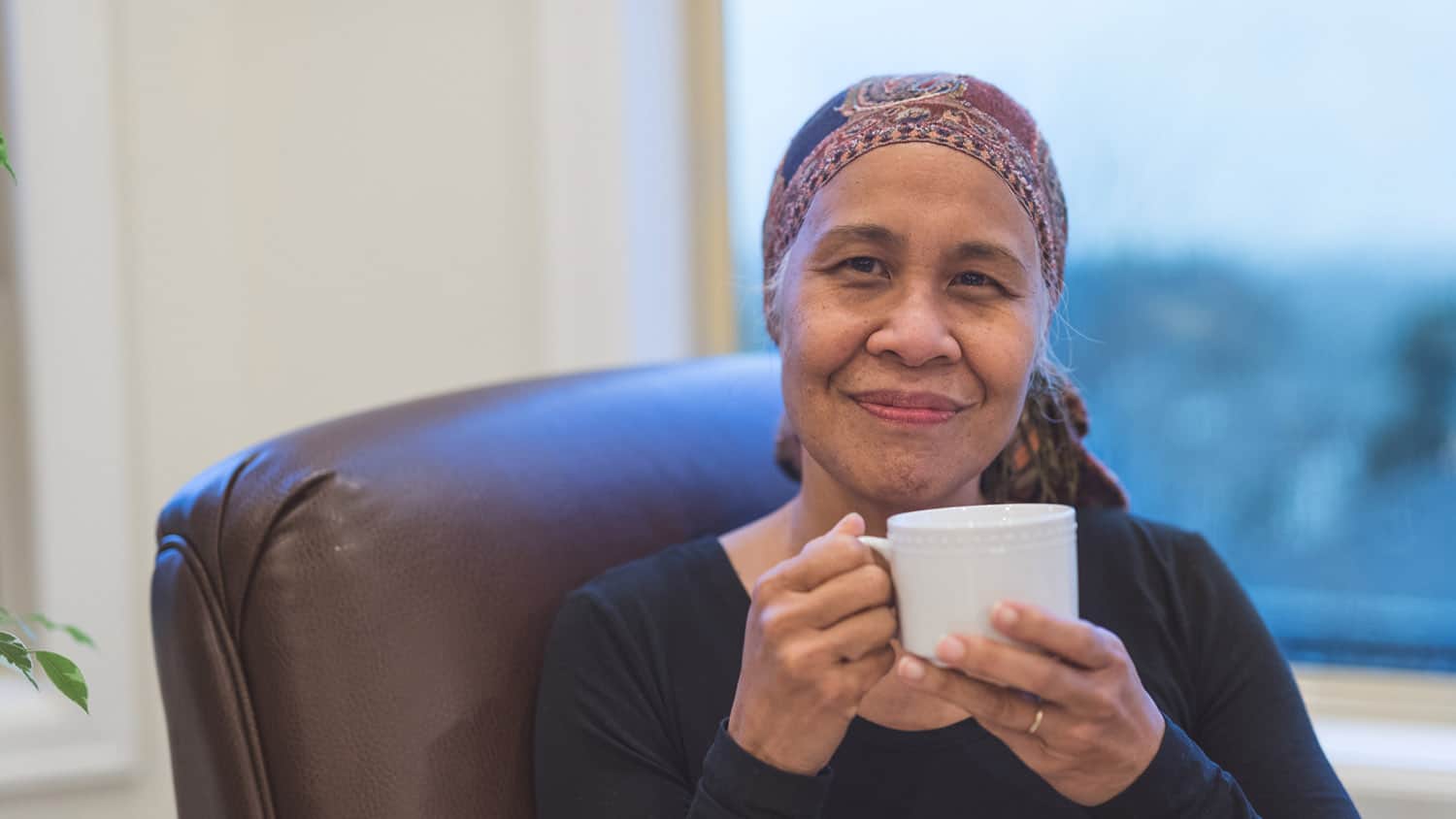
How to Live Emotionally Well with Serious Illness After 60
As a hospice volunteer, one of the many things I’ve come to understand is that everyone faces serious illness and the prospect of death differently. There’s simply no “right way” or “wrong way” to approach it.
But I’ve also come to understand that it is possible to be at peace with oneself through the end of life, having experienced moments of real joy along the way.
I’ve certainly seen ample examples of the alternative, though, and it is heartbreaking. There was “Bobby,” who was suffering with ALS (Lou Gehrig’s disease), who railed angrily about the fact that there was no hope for him, and for whom there was no pleasure to be found in day-to-day life.
He lived his last months in his brother’s home, where he didn’t have the company of his three beloved dogs, and he died without having a chance to say goodbye to them.
And there was “Jane,” a widow declining quickly from cancer that had spread to her bones, who was in a literal race against time, trying to make living arrangements for her two adopted teenage daughters.
Often refusing pain medication because she hated the way it made her feel, refusing family and friends’ offers to help until she was desperate, “Jane” badly wanted to tie up all the loose ends in her life but fell into a coma before she could.
Anger, sadness, resentment, shock, denial, resignation, isolation – or some combination of all of these intense reactions – are not unusual when people learn of a life-limiting illness.
And, just as we cannot simply advise anyone suffering depression to “snap out of it,” we cannot simply persuade those, like “Bobby” and “Jane,” that there still remain moments worth savoring and life is yet full of meaning.
Changing the Personal Narrative
In spite of much evidence to the contrary though, I believe that repair, resolution, reconciliation, and even redemption are possible through the end of life. And working to achieve them is an important way to enable us to live emotionally and spiritually well in the face of serious illness.
For those whose lives have been particularly difficult, it can help to work on changing perspectives on old, painful narratives that continue to hurt and haunt the present. Toward that end, consulting with a geriatric psychiatrist or psychologist could be especially fruitful.
The best example of how a person can live so emotionally well is writer Ronni Bennett, who blogged at Time Goes By. In her late 70s, Bennett learned that her pancreatic cancer had metastasized and that there were treatment options but no cure for her condition.
So, Bennett decided to write about it and to keep on writing as long as she could, because for her that was a way of better understanding herself.
Her hope was to approach the last chapter of her life “alert, aware, and lucid,” she said. Besides being great company on the page, she was honest above all, sharing the good, the bad, the ugly, and the amusing elements of her life.
Finding Ways to Express Yourself
Writing is certainly one way to understand and express who we are. But we can also choose other invaluable creative outlets: doing audio or video messages for family or friends; reviewing photo albums and talking about those special moments and memories; listening to the music that pleases us.
Or we can quietly reflect about our life, about what has given it meaning and purpose.
The hospice and palliative care pathfinder Ira Byock, founder and chief medical officer for the Institute for Human Caring of Providence St. Joseph Health, often says, “Death has a lot to teach us, if we let it.”
Specifically, he advises focusing on what matters most and communicating it to your loved ones. That can be summarized in four key phrases: I love you. I forgive you. Please forgive me. Thank you.
In other words, to quote the singer John Mayer, we should say what we need to say to the people we need to say it to – while we can.
Whatever form of creative expression or communication we choose, let’s keep in mind Ronni Bennett’s basic insight:
“However short or long my remaining days may be, it is a great gift I have received, knowing my death is near. It led to what I think is the most important question in the circumstance: what do you want to do with the time that remains?”
That’s a great question for all of us. If our aim is to reach the end of our lives feeling at peace, then asking that question is the first step we need to take.
What do you want to do with the rest of your life? Are you, or a loved one, living with serious illness? How do you express yourself knowing that life’s end is drawing near? Please share your thoughts in the comments below.







I remember Ronni very well. I followed both of her blogs for years, and admired her final journey on TGB to the very end. She is unforgettable, and I thank you for bringing her to mind again.